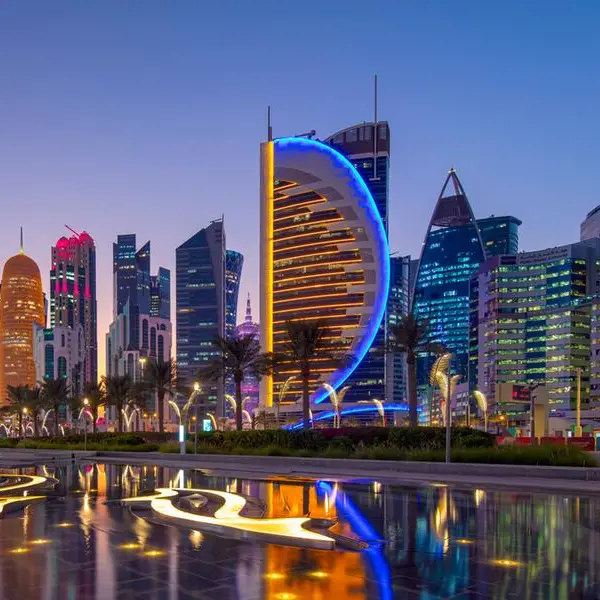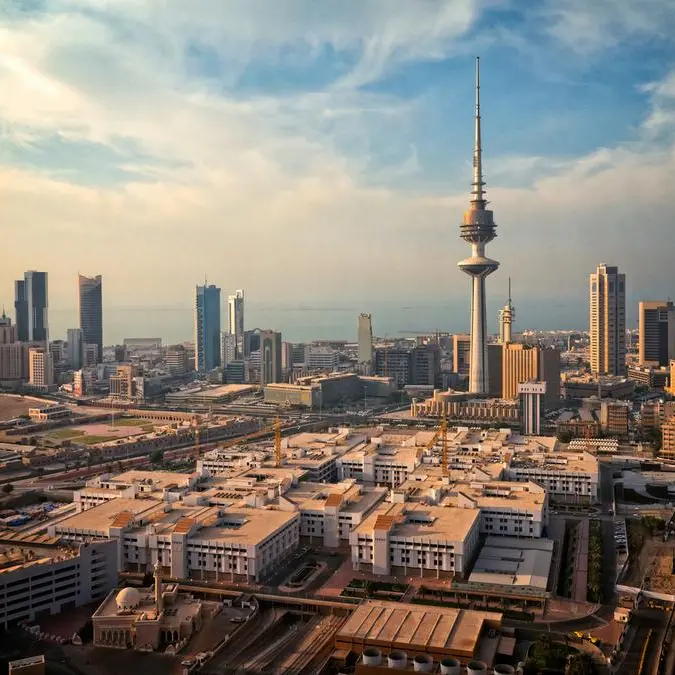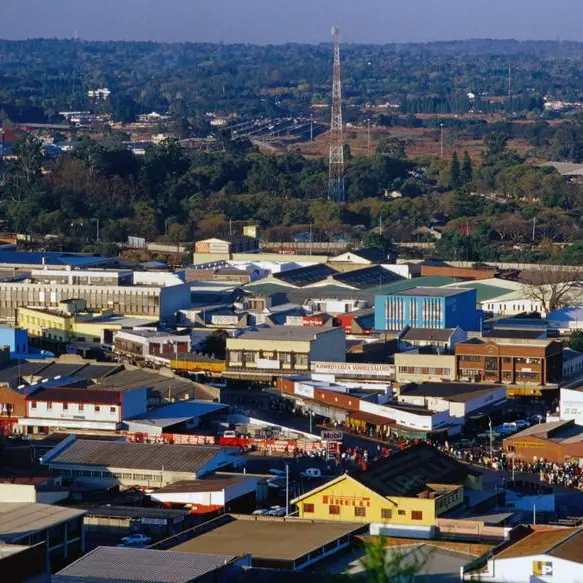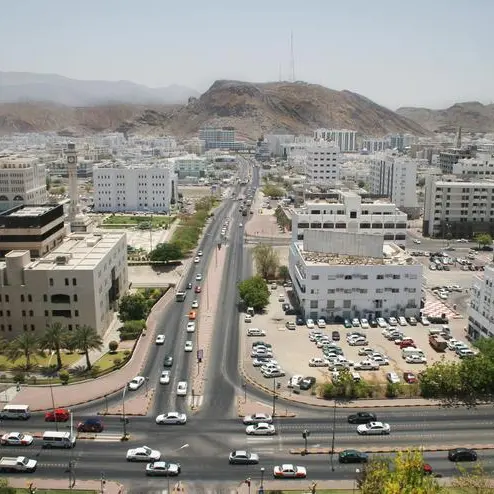PHOTO
RIYADH: Brazil’s agriculture minister on Tuesday hailed the multibillion-dollar trade bond between her country and Saudi Arabia and vowed to explore new export opportunities.
During a visit to Riyadh as part of a tour of Arab states, Tereza Cristina, the Brazilian minister of agriculture, livestock and supply, pledged to further boost economic relations with the Kingdom.
Speaking to Arab News at the Saudi-Brazilian Agricultural Business Forum held at the Council of Saudi Chambers (CSC), Cristina said the Kingdom was a major economic partner for Brazil in the Middle East, especially in the agricultural sector, and stressed the need to diversify opportunities.
“This is my first visit to the Kingdom. There is a long relationship between the two countries and enhancing relations in trade is important.”
According to Cristina, Saudi Arabia was the seventh-biggest importer of Brazilian agricultural products. “We can diversify our exports to the Kingdom, limited not only to meat, beef, poultry, and sugar but also other products,” she added.
The minister said that during her visit her country had agreed with Saudi authorities to first-time exports of Brazilian nuts, several fruits, and egg products.
“I am here to speak with the Saudi authorities about the new government in Brazil led by President Jair Bolsonaro, how the new system is working and what we can offer in very frank, honest and transparent relations between the two countries.”
She pointed out that Bolsonaro would be visiting Saudi Arabia for the Future Investment Initiative (FII 2019) forum being held in Riyadh in October.
FASTFACTS
• Bilateral trade between Brazil and Saudi Arabia had reached $2.95 billion (SR11.07 billion) by the end of August 2019.
• Brazil’s top 10 product groups of exports to the Kingdom were poultry, sugar, oil seeds and derivatives, beef, armaments, cereals, ores, wood and steel products and machinery.
Bilateral trade between Brazil and Saudi Arabia had reached $2.95 billion (SR11.07 billion) by the end of August 2019, she said, around a 2 percent increase on the same period in 2018, valued at $2.89 billion. Brazilian exports made up $1.35 billion of the figure with Saudi sales to Brazil hitting $1.6 billion.
Brazil’s top 10 product groups of exports to the Kingdom were poultry, sugar, oil seeds and derivatives, beef, armaments, cereals, ores, wood and steel products, and machinery.
Around 96 percent of total Saudi exports to Brazil were in crude oil. Other items during 2018 were fertilizers, plastic and aluminum products, and chemicals.
According to the Brazilian embassy, the South American country’s agricultural and livestock sector products represented 84 percent ($1.76 billion) of the total value of its exports to Saudi in 2018.
Addressing the agricultural forum, which was also attended by Khaled Al-Aboudi, managing director of the Saudi Agricultural and Livestock Investment Co. (SALIC), Christina pointed to possible future export openings for products such as dairy and fresh fruit.
While the Kingdom sought to achieve food security, Brazil had many opportunities in the agricultural field, she added.
Al-Aboudi said that he was looking forward to further cooperation between the two countries in the agriculture, food and livestock sectors. He added that the meeting offered the chance to strengthen economic ties through developing joint investments and exchanging information on investment opportunities.
Saudi Arabia was the second stop on the minister’s tour of Arab countries which began in Egypt and will take in Kuwait and the UAE.
In Riyadh, Cristina also held a meeting with the Saudi Vice Minister of Environment, Water and Agriculture Mansour H. Al-Mushaiti and was told that the Kingdom needed fodder for animal feed, which Brazil could supply.
She also met with the Saudi Food and Drug Authority CEO Hisham bin Saad Al-Jadhey and discussed issues of mutual interest.
On the fires that have been raging in Brazil’s Amazon rainforest, Cristina told Arab News: “Yes, there is a problem, but the whole issue has been widely exaggerated and blown out of proportion. It’s a very complex issue and the Brazilian government is taking measures to control it and address the problems.
“Right now, it is a dry season in the Amazon region, which is a season when we see fire incident naturally,” she added.
Copyright: Arab News © 2019 All rights reserved. Provided by SyndiGate Media Inc. (Syndigate.info).





















